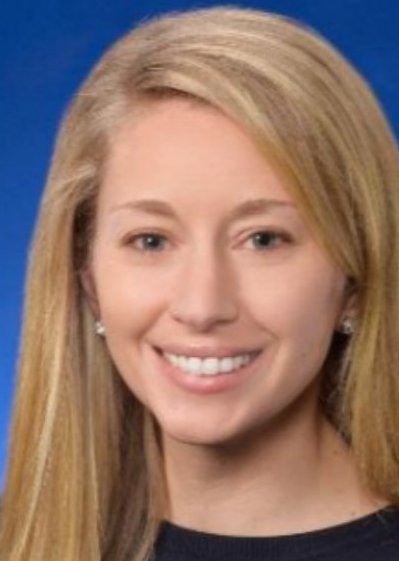Grace Ciccimaro, member of Newtown Friends Meeting, territory manager in the Rheumatology Division for Eli Lilly in New Jersey, mother, and environmental activist, will speak on Stewardship at Home, Simplifying in a Complex Chemical World on Sunday, February 24 at 9:45 a.m.

Grace Ciccimaro says, “I want to speak about this because I am passionate about the topic! I will talk about how the modern culture of convenience items (household cleaning products, processed food, cosmetic products, plastic packaging) exposes our bodies to a high chemical load. I’ll talk about what these chemicals may mean for our family’s health and the tools we can use to simplify our lives, reduce our toxic exposure, and cut waste.
Grace became interested in environmental toxins and their health effects on the family while she was pregnant with her son, Jack. At the time Johnson and Johnson No More Tears Baby Shampoowas re-formulated to remove formaldehyde.
“I was shocked that a beloved consumer product for infants could contain an ingredient like formaldehyde. I began to research, read, attend lectures and adjust my family’s lifestyle. My husband, Gene, finds the topic equally interesting, and helps me understand the chemistry of the issue through his education and work. Gene has a PhD in Pharmacology from the University of Pennsylvania. I am especially interested in the chemicals and toxins my family interacts with through the food we consume, absorb through our skin, and inhale in our home.”
Ciccimaro continues to say, “The public trusts that items in our super markets and the aisles of our convenience stores are safe and monitored by the government. But the truth is that there are more than 87,000 chemicals registered in the United States and the Food and Drug Administration does not approve cosmetic products or have a list of required tests for cosmetic products. While most chemicals are safe, some chemicals common in our homes interfere with the body’s endocrine system.
In Europe, 1,100 chemicals are banned for health and safety risks, but only 5 in the US. Only 90 chemicals are federally regulated by the US Safe Drinking Water Act. Compare that to the 1,000 chemicals that are introduced every year with limited long term safety data. Endocrine disrupting chemicals are found in everything from shampoo and lipstick, to nonstick pans, canned food, water repellent clothing and baby toys. The effects of endocrine disrupting chemicals have been linked to obesity, breast cancer, autoimmune diseases, premature birth, impaired fertility and endometriosis, among other diseases. With awareness we can make simple choices that reduce our exposure to these chemicals.”
Grace says she has found that her Quaker beliefs in simplicity and stewardship mirror the lifestyle choices she makes to detox her family’s environment.
Grace Ciccimaro grew up in Wyndmoor, Montgomery County, and has a Bachelors of Science degree from the University of Delaware. In addition to her work as a territory manager for Eli Lilly, Grace is the coordinator for Mom2Mom, a mentorship program that supports working mothers at Eli Lilly. Grace and her husband, Gene, have lived in Washington Crossing for the last 9 years. They have two children: Jack, 6 and Lydia, 4.
Following the presentation, there will be Meeting for Worship at 11 a.m. in the traditional Quaker manner of “expectant silence” with coffee and snacks served